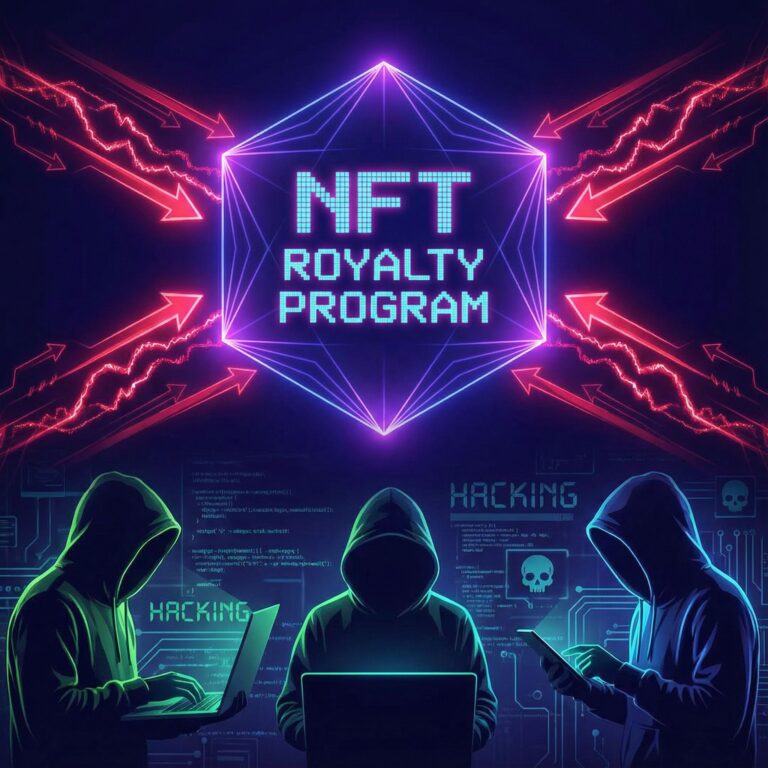
The Complete Guide to US Gambling Laws by State
State-by-State Gambling Regulations
The legal gambling landscape in the United States presents a diverse patchwork of regulations varying significantly across state lines. While Utah and Hawaii maintain strict gambling prohibitions, the majority of states have embraced various 더 많은 정보 보기 forms of legal wagering.
Commercial Casino Operations
Thirty states currently permit commercial casino operations, each implementing distinct regulatory frameworks. These establishments must adhere to specific:
- Operating hours
- Betting limits
- Licensing requirements
- Revenue reporting protocols
Tribal Gaming Presence
Native American tribal casinos operate legally in 28 states under the Indian Gaming Regulatory Act (IGRA). These sovereign entities maintain:
- Independent gaming commissions
- Separate regulatory standards
- State-negotiated gaming compacts
Sports Betting Evolution
The sports wagering market has experienced dramatic expansion since 2018, with over 30 states now offering legal sports betting options. Key developments include:
- Mobile betting platforms dominating market share
- State-specific regulatory frameworks
- Geolocation verification requirements
- Robust responsible gaming measures
Regulatory Compliance
Each jurisdiction enforces unique compliance requirements through:
- State gaming commissions
- Local licensing boards
- Federal oversight agencies
- Multi-jurisdictional gaming agreements
This intricate regulatory structure creates America’s comprehensive gambling framework, balancing state autonomy with federal oversight while accommodating tribal sovereignty.
The History of US Gambling Laws and Regulations
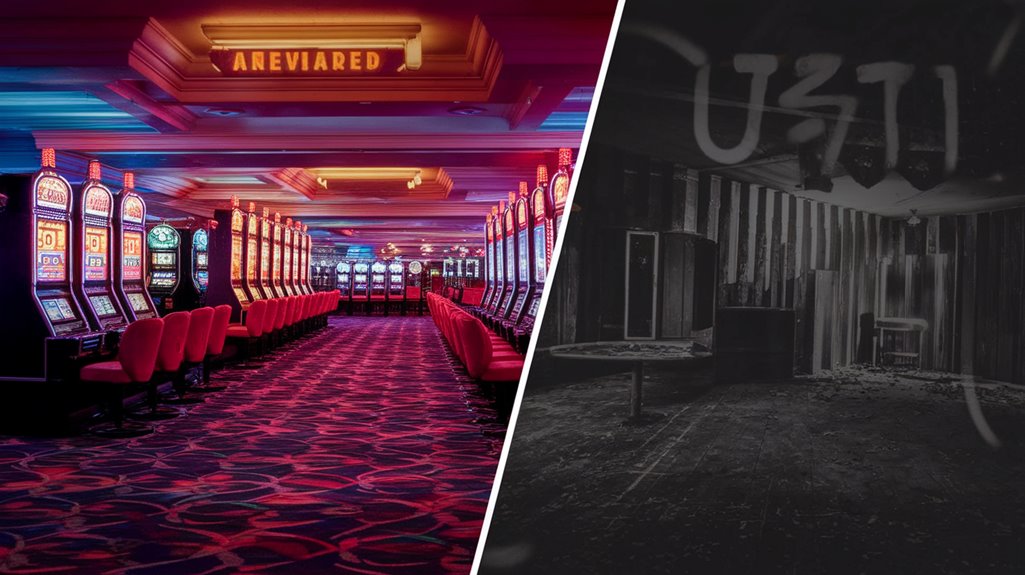
The Evolution of US Gambling Laws and Regulations
Colonial Era to Early American Gambling
The landscape of American gambling regulation traces back to colonial times, where games of chance flourished in an essentially unregulated environment.
As settlements expanded, gambling activities became deeply woven into the social fabric of early American life.
The late 19th century witnessed a dramatic shift as mounting public pressure led to widespread prohibitions across multiple states.
The Rise of Modern Gaming Laws
Nevada’s landmark decision in 1931 to legalize casino gambling marked a revolutionary change in American gaming legislation.
This groundbreaking move established the first regulated gambling market in the United States, setting precedents for future state-level gaming policies.
The industry gained further momentum when New Jersey legalized gambling in Atlantic City in 1976, creating a second major gaming destination on the East Coast.
Tribal Gaming and State Authority
The passage of the Indian Gaming Regulatory Act (IGRA) in 1988 fundamentally transformed the American gambling landscape.
This pivotal legislation created a comprehensive legal framework for tribal gaming operations, enabling Native American tribes to establish and operate gaming facilities on tribal lands.
Modern gambling regulation operates under a system of state sovereignty, where individual states maintain complete authority over gambling activities within their jurisdictions, leading to a diverse patchwork of gaming laws across the nation.
Current Regulatory Framework
Today’s gambling legislation varies significantly by state, encompassing:
- State-regulated casinos
- Tribal gaming operations
- Online betting platforms
- Sports wagering facilities
- Lottery systems
This complex regulatory environment continues to evolve as states adapt to new forms of gambling and emerging technologies.
State-by-State Breakdown of Casino Gaming
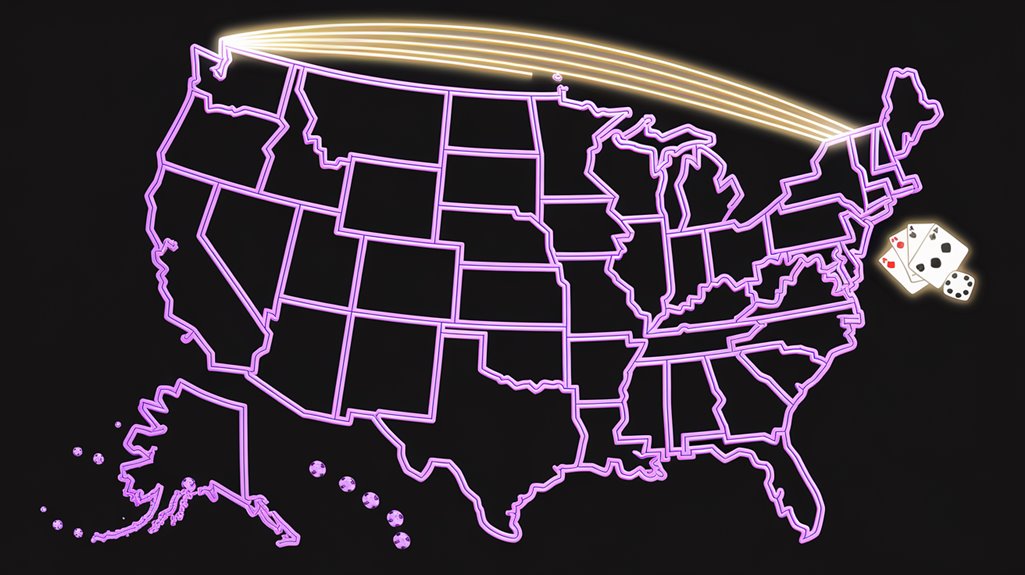
State-by-State Casino Gaming Regulations in America
Commercial and Tribal Gaming Landscape
The American casino gaming industry operates through a complex regulatory framework that varies significantly across state lines.
Nevada and New Jersey stand as the country’s premier gambling destinations, offering comprehensive commercial casino operations including table games, slot machines, and sports betting facilities.
Regulatory Frameworks and Gaming Categories
State gaming regulations create distinct operational environments across jurisdictions.
Currently, 30 states authorize commercial casinos, while 28 states permit tribal gaming enterprises.
Several jurisdictions maintain specialized venues like racetracks and riverboat casinos, each operating under specific regulatory parameters.
Gaming Restrictions and State-Specific Rules
Local gaming statutes govern crucial operational aspects including:
- Betting limits and stake restrictions
- Authorized game varieties
- Operating hours and accessibility
- Venue requirements and locations
Tribal gaming compacts establish sovereign operational rights for Native American casinos, while commercial gaming licenses follow state-specific requirements.
States like Utah and Hawaii maintain complete prohibitions on gambling activities, representing the most restrictive end of the regulatory spectrum.
The diversity in state regulations creates a segmented market where operators must carefully navigate varying compliance requirements while serving distinct regional demographics under their respective jurisdictional frameworks.
Sports Betting Legislation Across America
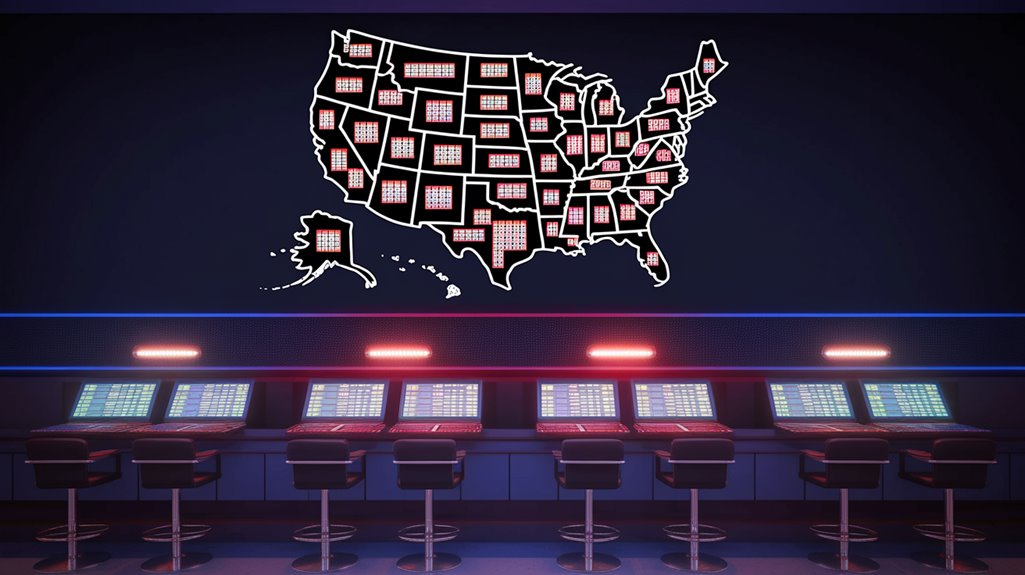
Sports Betting Legislation in America: State-by-State Analysis
Supreme Court Decision Impact and Current Landscape
The 2018 Supreme Court ruling in Murphy v. NCAA marked a watershed moment for sports betting in America, effectively dismantling the Professional and Amateur Sports Protection Act (PASPA).
This landmark decision empowered individual states to establish their own sports wagering regulations.
State-Level Implementation and Market Growth
Over 30 states have now enacted sports betting legislation, creating diverse regulatory frameworks across the country. Leading markets include:
- New Jersey: Comprehensive mobile and retail betting
- Pennsylvania: Full-scale regulated betting operations
- Nevada: Traditional sports betting powerhouse
Restricted Markets and Variations
Several states maintain specific limitations:
- Montana and Oregon: Betting restricted to state lottery venues
- Utah and Hawaii: Complete prohibition on sports wagering
- Limited-access states: Various restrictions on mobile or retail options
Mobile Betting Dominance and Market Evolution
Digital wagering platforms have emerged as the preferred betting method, representing more than 80% of total betting volume in states permitting online operations. Key market characteristics include:
- Variable tax structures
- Diverse licensing requirements
- State-specific operational guidelines
This regulatory framework continues to adapt as new states enter the market and existing jurisdictions refine their approaches to sports betting oversight.
Online Gambling and Interstate Restrictions
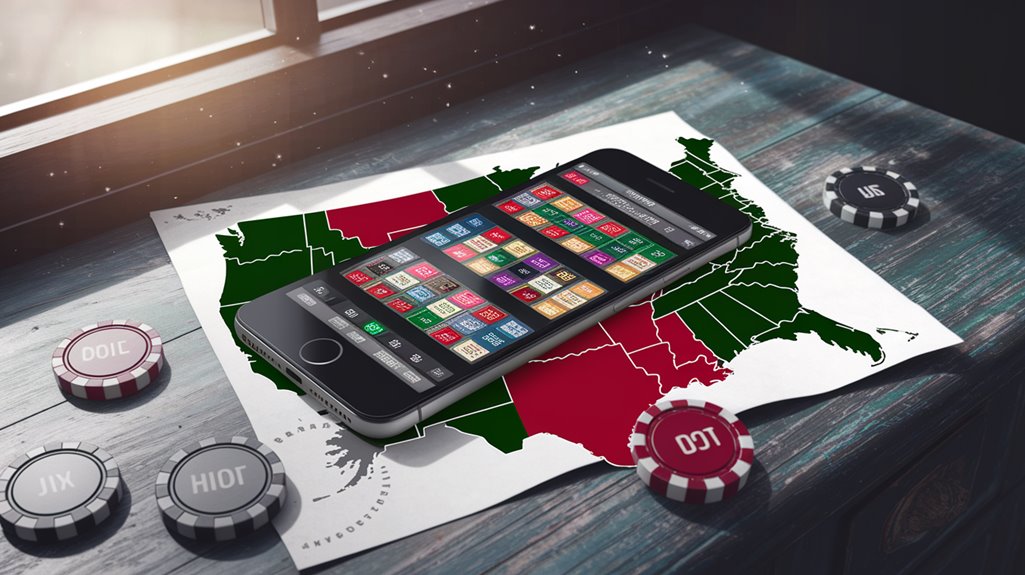
Understanding Interstate Online Gambling Regulations
Federal Laws and Cross-Border Gaming Restrictions
The Wire Act and UIGEA (Unlawful Internet Gambling Enforcement Act) create significant barriers for interstate online gambling operations.
While the Wire Act specifically targets interstate sports betting transmissions, UIGEA focuses on restricting payment processing for illegal internet gambling activities across state lines.
State-Level Compliance and Interstate Compacts
Legal online gambling activities must operate within state boundaries unless formal interstate gaming compacts exist. These agreements allow states to:
- Share player pools
- Combine betting markets
- Facilitate cross-border transactions
- Establish unified regulatory frameworks
Current Interstate Gaming Partnerships
Several states have successfully implemented multi-state gaming agreements:
- Delaware-Nevada-New Jersey Compact: Established shared online poker pools
- Progressive Jackpot Networks: Connected slot machines across participating states
- Multi-State Sports Betting: Emerging partnerships for expanded betting markets
Expanding Interstate Gaming Markets
States like Michigan and West Virginia are actively developing new interstate gambling frameworks. These emerging partnerships focus on:
- Online poker liquidity
- Shared progressive jackpots
- Cross-border payment processing
- Unified player verification systems
Tribal Gaming Rights and Sovereignty

Tribal Gaming Rights and Tribal Sovereignty: A Complete Guide
Understanding Native American Gaming Rights
Native American tribes possess unique legal authority over gambling operations through federal recognition of tribal sovereignty.
The landmark Indian Gaming Regulatory Act (IGRA) of 1988 establishes the framework for tribal gaming operations, enabling federally recognized tribes to conduct gaming activities on reservation lands through state-tribal compacts.
Classification of Tribal Gaming Operations
Class I Gaming
Traditional tribal games and social gaming for minimal prizes fall under Class I gaming, which remains exclusively under tribal jurisdiction.
Class II Gaming
Bingo operations and specific card games constitute Class II gaming, allowing tribes greater operational freedom while maintaining regulatory compliance. The Most Popular Gambling Games Across the World
Class III Gaming
Casino-style gambling, including slot machines and table games like blackjack, requires formal state-tribal compacts. This category represents the most comprehensive form of tribal gaming operations.
Regulatory Framework and Oversight
The National Indian Gaming Commission (NIGC) serves as the primary federal regulatory body, ensuring compliance while preserving tribal self-governance.
This oversight maintains the delicate balance between federal regulations and tribal autonomy in gaming operations.
Tribal-state compacts establish specific operational parameters, revenue sharing agreements, and regulatory responsibilities between sovereign entities.





